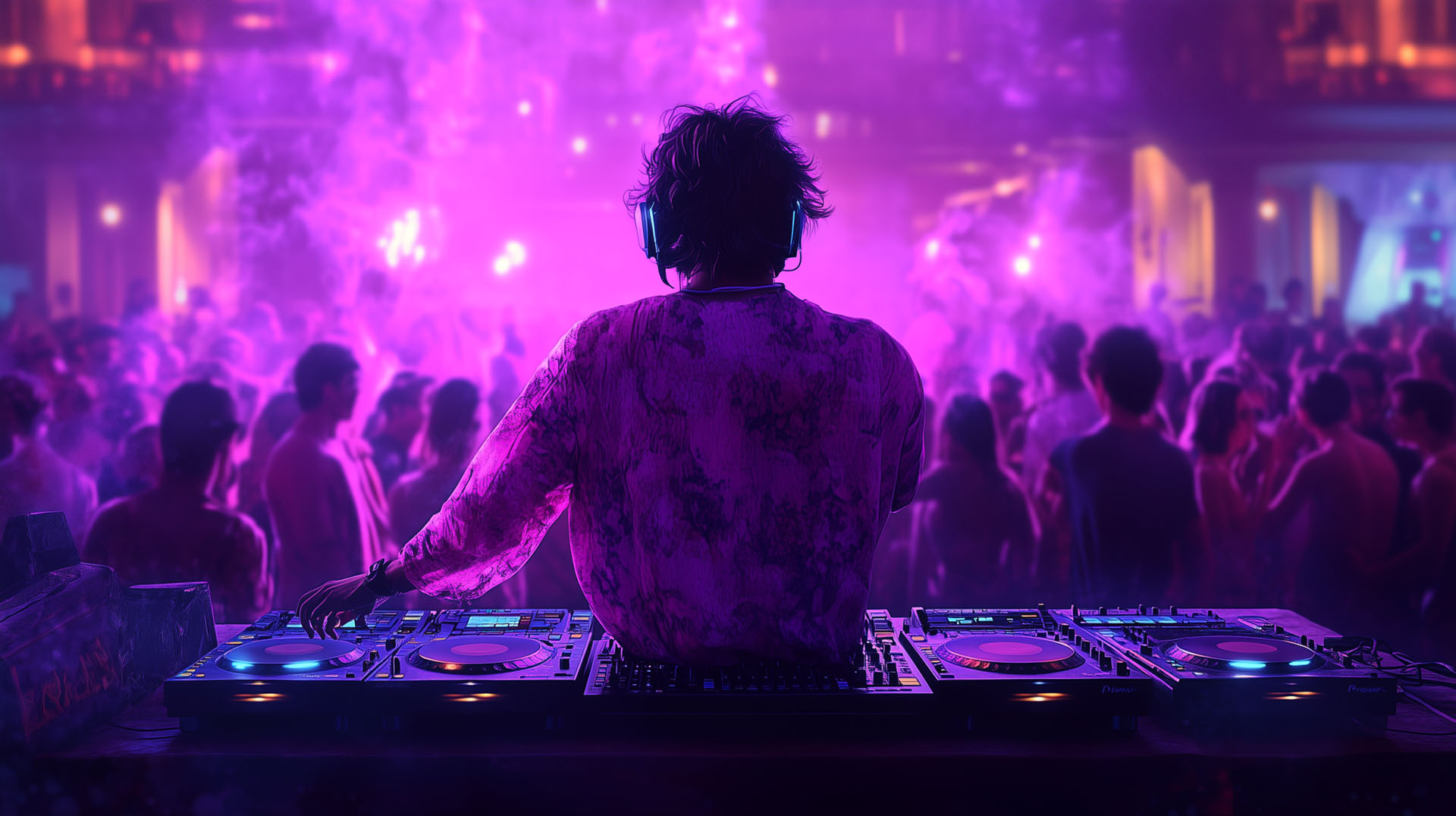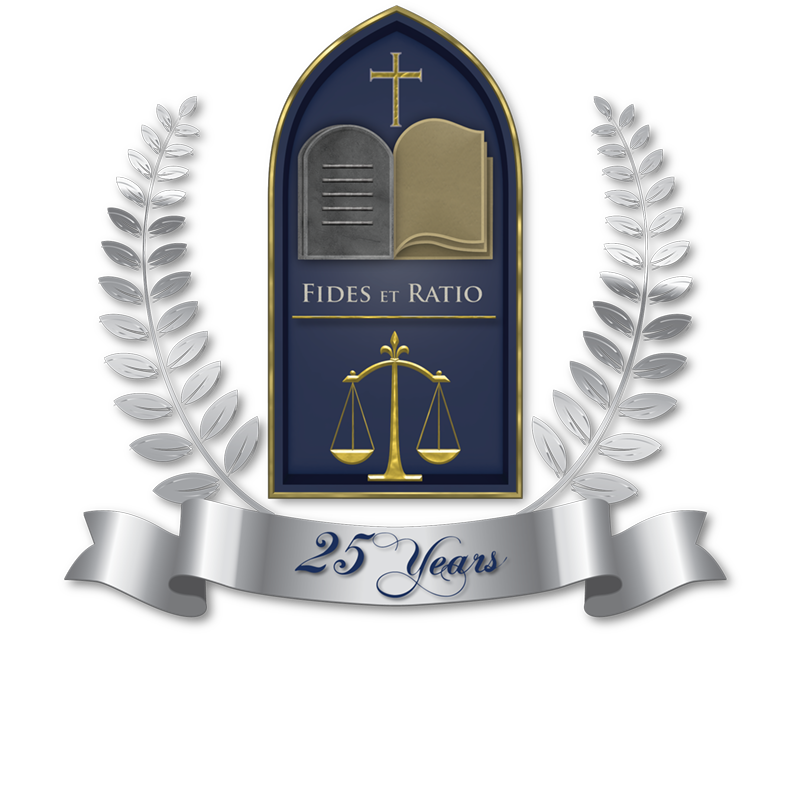The Musical Landscape and The Event Horizon of Artificial Intelligence

By Wendell Powell II,
The Gavel, Associate Editor
J.D. Candidate, Class of 2025
The music industry is no stranger to technological advancements, and with the rise of artificial intelligence (AI) it is prime to undergo yet another transformation. AI is a general term that refers to any system that can mimic human intelligence, including learning, problem-solving, and decision-making. Within the music industry, AI has already shifted the landscape by improving songwriting, music production, and curation. However, as AI technology continues to improve, what is left in its wake are the legal ramifications that the United States Court system has yet to address.
The biggest and most glaring issue is copyright protection. From the dawn before the first copyright protection, the Constitution gave Congress the power to “promote the Progress of Science and useful Arts by securing for limited Times to Authors and Inventors the exclusive Right to their respective Writings and Discoveries”.1 “The purpose of copyright protection is to supply the economic incentive to create and disseminate ideas.”2 It is in the interest of the public, that copyright protection serves, within the form of preventing the misappropriation of the products of creative and original thinking.3 The heart of copyright protection is pure and seeks to reward novelty, while punishing arrogation. However, what about AI? Why should it be treated differently? This begs the question: Should AI music be protected? If so, who is being protected and why?
Copyright presumes a mind. For order presumes one that ordered, and creation presumes a creator. However, Congress has stated that only a natural person can be an inventor.4 Therefore, AI cannot be considered an inventor because it is not a natural person.5 What may be missing from this analysis is the individual behind the AI. Copyright protects expressions fixed within a medium.6 Copyright law does not venture so far into the weeds as to what is used to fix that expression. So why must we do so when it concerns AI? Maybe the EU can give us guidance on this issue.
The European Union has been proactive about addressing the challenges posed by AI-generated music and copyright protection. While recognizing the potential benefits of this technology, the EU has also acknowledged the need for adequate safeguards to ensure that intellectual property rights are respected.7 In 2019, the EU passed a directive on copyright in the digital single market (no physical units) which includes provisions on the use of AI for music creation.8 The directive requires that creators of AI-generated music be recognized as authors and that their rights be protected.9 Additionally, the EU has called for the development of technologies that can identify and protect copyrighted works, including those generated by AI.10 In this way, the EU is working to strike a balance between promoting innovation and creativity while also protecting the rights of artists and content creators.
To further achieve such a balance in AI, the EU’s new copyright directive has been paired with the AI Act.11 The AI Act has taken a risk-based approach, that structures AI with risk levels.12 The basic structure has a four tier skeleton, that aims to categorize AI systems and their potential adverse impacts.13 The EU recognizes that this approach is not full proof. However, the EU believes that “to be a global power means to be a leader in AI,” not to fear it.14 When it comes to copyright law in the EU, the focus is to “modernize” it.15 The EU has made it a goal to “enable consumers and creators to make the most of the digital world.”16 Furthermore, the “new rules will stimulate the creation and dissemination of more high value content and allow for more digital uses in core areas…,” at the same time “safeguard[] freedom of expression and other fundamental rights.”17
If the United States court system can adopt a similar mentality, then the approach doesn’t necessarily matter because the form would follow the function. Historically the constitution was designed to promote technological advancement. AI is just another installment in the timeline of humanity. As for copyright law, a tool should never discredit the craftsman. The playing field should always be leveled by the adaptation to new players. Similarly, when the National Basketball Association decided to extend the distance of the three-point shot, instead of eliminating it. As the creator’s tools evolve, so does the creator, and as the challenges evolve, so should the solutions. Consequently, this is easier said than done. The implications are potentially immeasurable. However, the fact remains, AI is here. It is far better of a solution to tame the wild horse, than to banish it, for it would only return to destroy the land that didn’t accept it.
While the United States Court system has remained silent, new AI creators envision the best of a symbiotic relationship. May the wisdom of Congress and the Judicial system harness this new power and strike the best balance possible, as the United States has always aimed to in the past.
References:
1 USCS Const. Art. I, § 8, Cl 8
2 Edge in Coll. Preparation, LLC v. Peterson’s Nelnet, LLC, 2017 U.S. Dist. LEXIS 85711 [AT PG 4 – EDIT]
3 Cabell v. Sony Pictures Entm’t, Inc., 714 F. Supp. 2d 452 (S.D.N.Y. 2010)
4 Thaler v. Vidal, 43 F.4th 1207 (Fed. Cir. 2022)
5 Id.
6 Williams v. Crichton, 84 F.3d 581 (2d Cir. 1996)
7 Johannes Bahrke, New EU copyright rules that will benefit creators, businesses and consumers start to apply, European Commission (June 4, 2021), https://ec.europa.eu/commission/presscorner/detail/en/ip_21_1807.
8 Id.
9 Id.
10 Id.
11 Id.
12 Johannes Bahrke, Thomas Regnier, Artificial Intelligence – Questions and Answers, European Commission ( Dec. 2, 2023), https://ec.europa.eu/commission/presscorner/detail/en/qanda_21_1683
13 Id.
14 The future of AI: the Parliament’s roadmap for the EU, European Parliament (Apr. 27, 2022), https://www.europarl.europa.eu/news/en/headlines/society/20220422STO27705/the-future-of-ai-the-parliament-s-roadmap-for-the-eu
15 Johannes Bahrke, New EU copyright rules that will benefit creators, businesses and consumers start to apply, European Commission (June 4, 2021), https://ec.europa.eu/commission/presscorner/detail/en/ip_21_1807.
16 Id.
17 Id.




